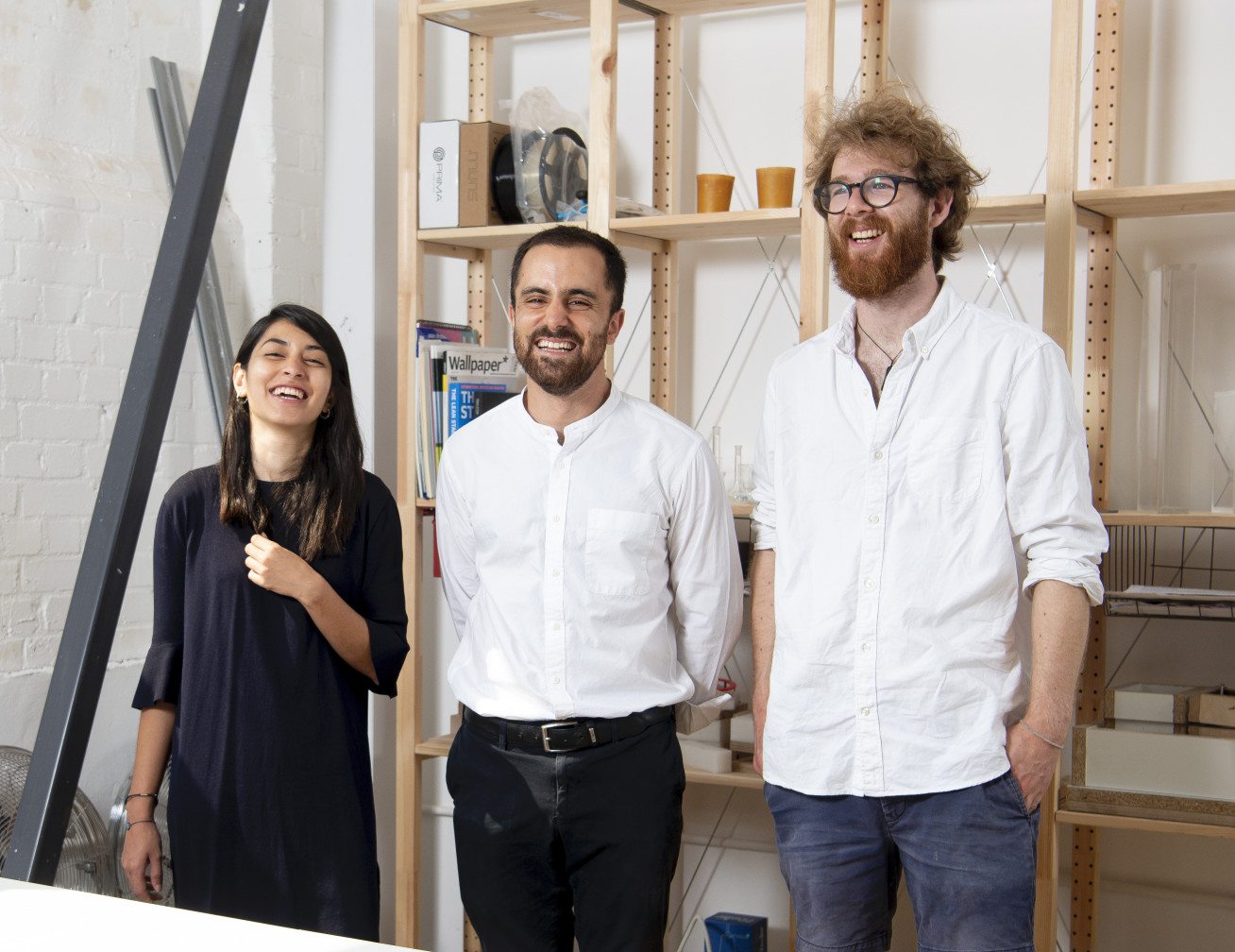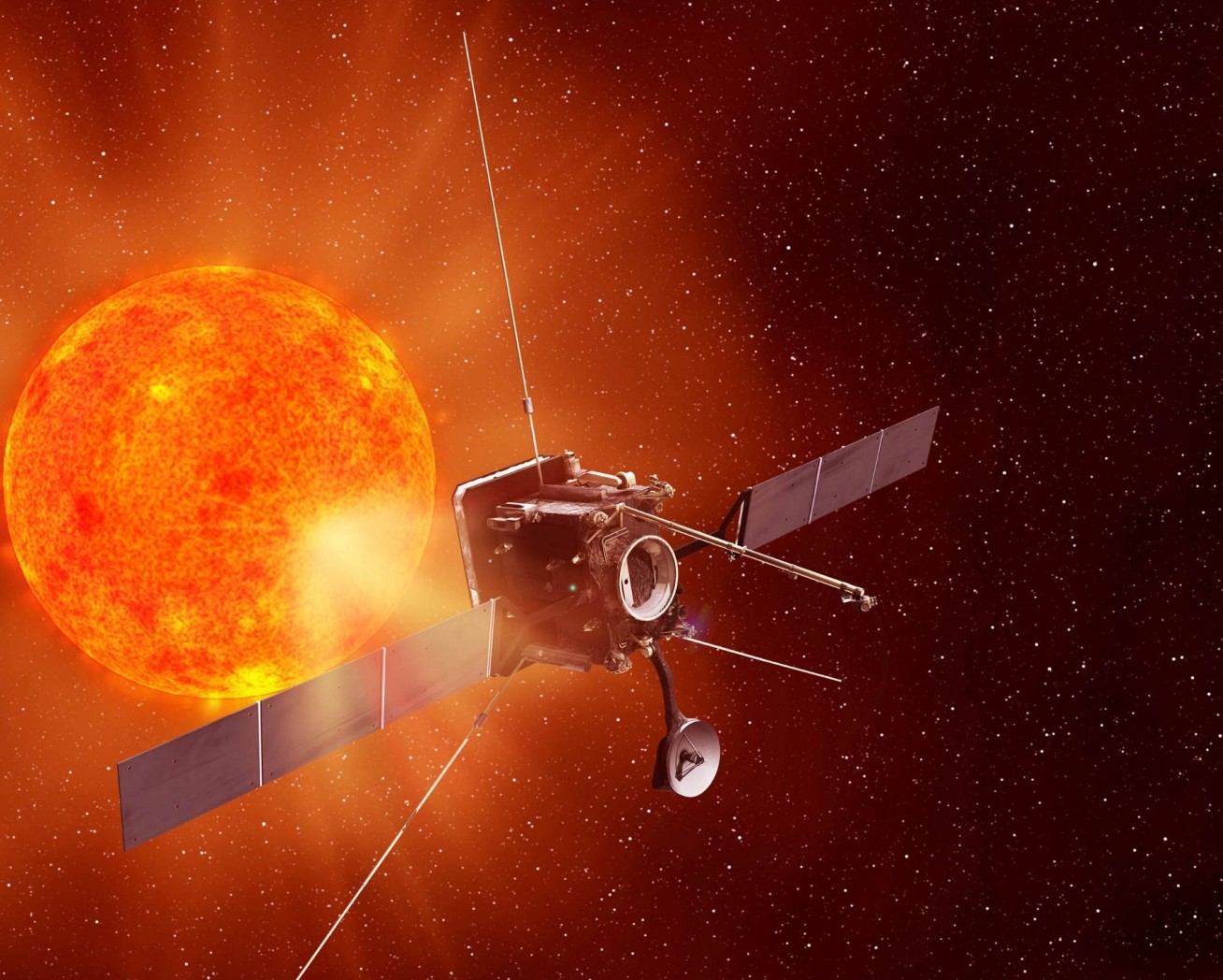
Global S&T Development Trend Analysis Platform of Resources and Environment
| Friendship factors and solar storms: News from the College | |
| admin | |
| 2020-11-06 | |
| 发布年 | 2020 |
| 语种 | 英语 |
| 国家 | 英国 |
| 领域 | 资源环境 |
| 正文(英文) | 

Here’s a batch of fresh news and announcements from across Imperial. From factors which predict our closest friends, to a new study exploring particle eruptions from the Sun, here is some quick-read news from across the College. Friendship factors
They found age to be the largest determining factor, with the odds of someone being friends with some five years older or younger being 50 per cent lower than that of a friendship with someone the same age. Distance was also an important factor, with a greater distance meaning a lower likelihood of friendships existing. The researchers say the effects of age and distance have implications for intergenerational mixing and isolation in later stages of life. Read the full paper in Journal of the Royal Society Interface: “Inference of a universal social scale and segregation measures using social connectivity kernels” Non-invasive cancer detection
Co-lead researcher Professor Mengxing Tang of the Department of Bioengineering said: “This is a fantastic opportunity to translate recent engineering innovations here at Imperial to the clinic.” Co-lead researcher Miss Karina Cox of Maidstone Hospital said: “Invasive breast cancer affects 46,000 people every year in the UK, and finding a non-invasive alternative to armpit surgery will greatly help patients.” Malaria drug resistance
Malaria is caused by a parasite transmitted by mosquito bite, which is ordinarily killed by the frontline malaria drug artemisinin. However, some parasites in southeast Asia are emerging as resistant to artemisinin. The new study found that parasites that survive drug treatment are also more likely to be transmitted to the mosquito. Thus, resistance may be driving its own spread more effectively than previously thought. By studying transmission of resistant parasites directly in mosquitoes, the team now aims to understand how resistance may spread beyond southeast Asia to regions in Africa that bear the greatest malaria burden. Read the full paper in Antimicrobial Agents and Chemotherapy: “Transmission of artemisinin-resistant malaria parasites to mosquitoes under antimalarial drug pressure” Innovative materials
Four Imperial Dyson School of Design Engineering MSc IDE graduates have been nominated for the Arts Foundation’s Materials Innovation award. Julian Ellis-Brown and the company Shellworks, run by Insiya Jafferjee, Amir Afshar and Edward Jones, are all finalists for the award, which will be announced on 21 January 2021. Julian Ellis-Brown is a design engineer specialising in new sustainable materials who co-founded SaltyCo which creates natural textiles from plants. Shellworks creates compostable bioplastics derived from waste crustacean shells. Award panellist, curator and writer Priya Khanchandani said: “This year’s finalists are united in their exploration of design as a medium for tackling the exploitation of our planet, which has been driven by consumption…I can see so much potential for the objects that surround us every day be transformed by these new forms of materiality.” Winners will receive £10,000, with runners up receiving £1,000. Ernst Chain lectureThis year’s Ernst Chain lecture was given by Professor Janet Thornton, entitled ‘Enzymes, evolution and disease: 50 years of bioinformatics’. Professor Thornton, from the European Molecular Biology Laboratory’s European Bioinformatics Institute (EMBL-EBI), discussed the past, present and future of bioinformatics – the development of methods and software tools for understanding large and complex biological datasets, such as DNA sequences and protein structures. She also addressed the emergence of machine learning and synthetic biology as means to harness all this molecular data for the benefit of society – addressing some of our major societal issues like infectious diseases, antimicrobial resistance and designing green waste disposal. Watch Professor Janet Thornton's lecture above or click this link. Solar storm funding
Imperial researchers are teaming up with scientists in Finland to study particle eruptions from the Sun, thanks to a new €2m project funded by the EU's Horizon 2020 program. The solar energetic particle analysis platform for the inner heliosphere (SERPENTINE) project, coordinated by the University of Turku, will combine measurements from different space missions to understand the formation of high-energy particle bursts from the Sun, which can harm satellites. The data will come from ESA’s BepiColombo mission, NASA's Parker Solar Probe, and ESA’s Solar Orbiter mission, for which Imperial physicists built and operate the magnetometer instrument, providing key data on the evolution of these solar events. Read more on the University of Turku website (in Finnish) – Want to be kept up to date on news at Imperial? Sign up for our free quick-read daily e-newsletter, Imperial Today.
|
| URL | 查看原文 |
| 来源平台 | Imperial College London |
| 文献类型 | 新闻 |
| 条目标识符 | http://119.78.100.173/C666/handle/2XK7JSWQ/301692 |
| 专题 | 资源环境科学 |
| 推荐引用方式 GB/T 7714 | admin. Friendship factors and solar storms: News from the College. 2020. |
| 条目包含的文件 | 条目无相关文件。 | |||||
| 个性服务 |
| 推荐该条目 |
| 保存到收藏夹 |
| 查看访问统计 |
| 导出为Endnote文件 |
| 谷歌学术 |
| 谷歌学术中相似的文章 |
| [admin]的文章 |
| 百度学术 |
| 百度学术中相似的文章 |
| [admin]的文章 |
| 必应学术 |
| 必应学术中相似的文章 |
| [admin]的文章 |
| 相关权益政策 |
| 暂无数据 |
| 收藏/分享 |
除非特别说明,本系统中所有内容都受版权保护,并保留所有权利。
修改评论